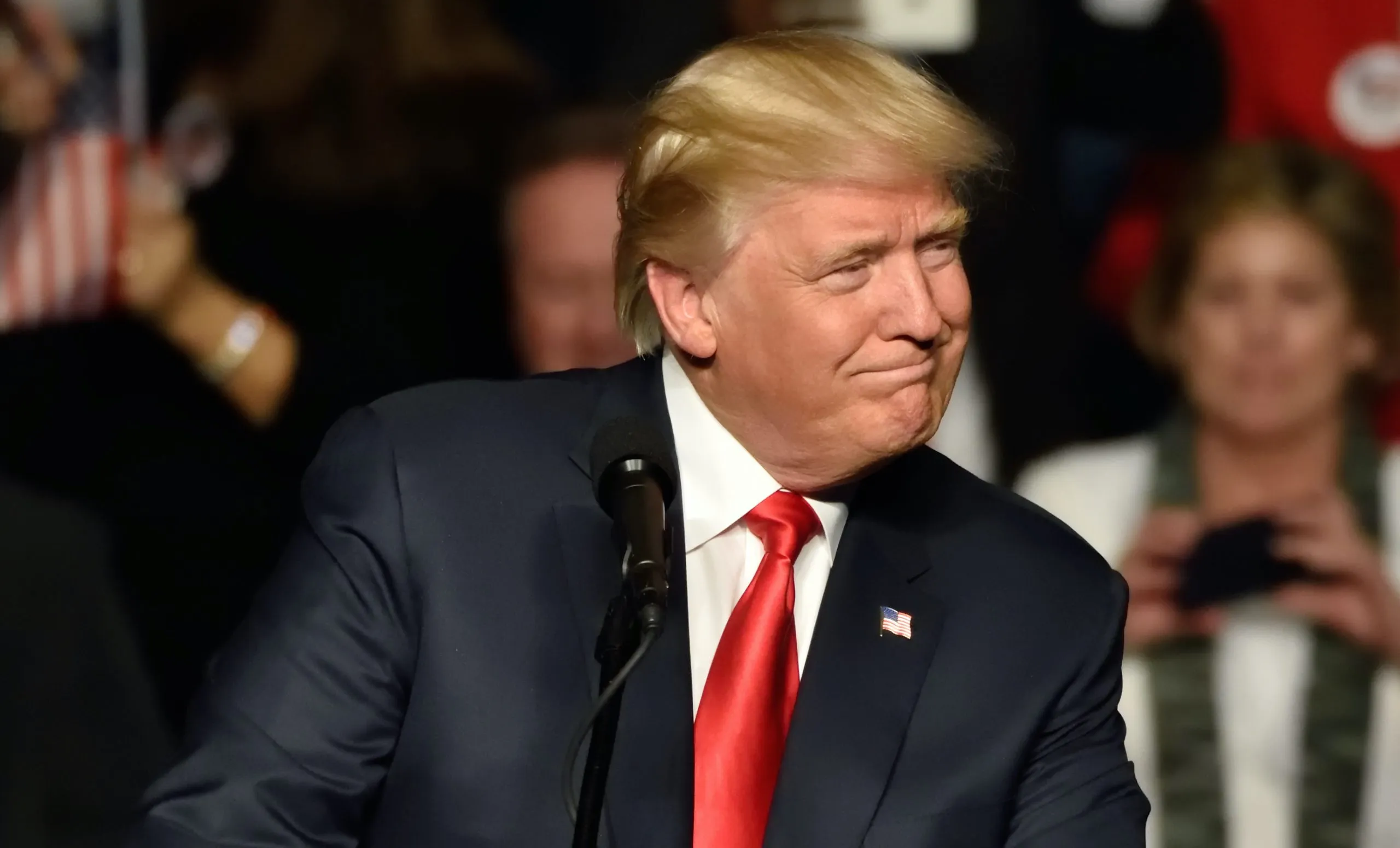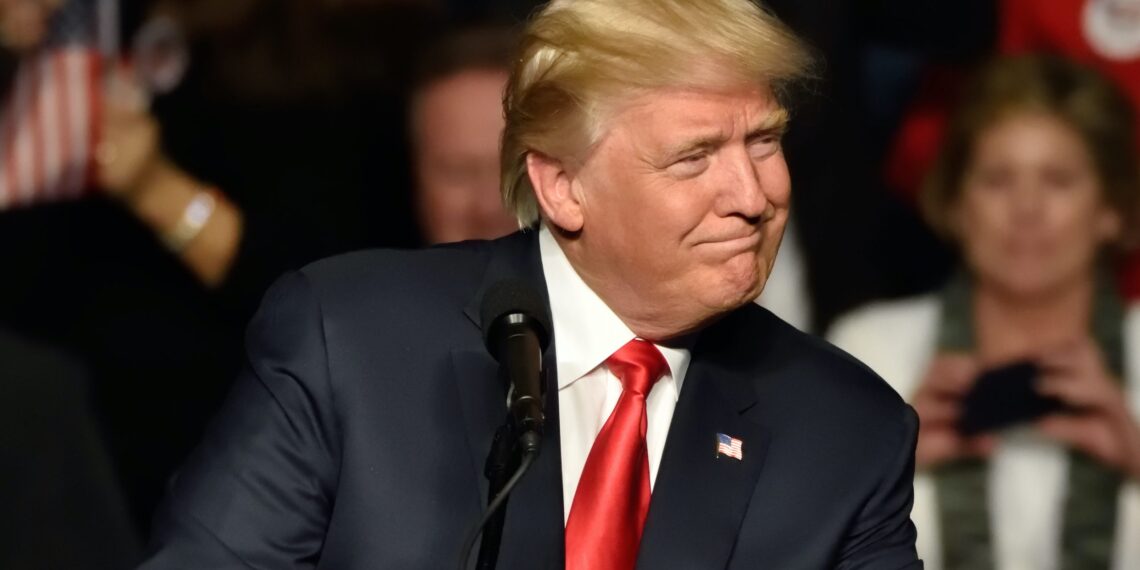[ad_1]
EMERGENCY DOCKET
on Nov 22, 2022
at 3:13 pm

Donald Trump speaks at a rally in Hershey, Pennsylvania, in 2016. (Evan El-Amin via Shutterstock)
The Supreme Court on Tuesday rejected a request from former President Donald Trump to block the disclosure of his tax returns to a congressional committee. The brief order clears the way for the House Committee on Ways and Means to obtain six years’ worth of federal tax returns for Trump and his companies.
The court did not explain its reasoning, and no justices noted dissent.
The order is the latest, and perhaps final, chapter in long-running litigation that began in 2019, when the Ways and Means Committee, led by Democrats, asked the IRS for Trump’s tax returns. The committee said it wants to use the records to inform potential legislation on how federal tax laws apply to a sitting president. And in requesting the recors, the committee relied on a federal law, 26 U.S.C. § 6103(f), which allows the committee to obtain “any return or return information” from the IRS, including tax returns for individual taxpayers.
Under the Trump administration, the Department of the Treasury refused to turn over the returns. It was not until after President Joe Biden took office in January 2021 that the Treasury Department agreed to turn them over.
Trump nonetheless asked a federal district judge to block the disclosure of the tax returns to the committee. He argued that the committee lacked a legitimate purpose for seeking the records and that the real motive behind the request was to expose Trump’s finances and gather evidence to use against him in a criminal case. U.S. District Judge Trevor McFadden, a Trump appointee, ruled against Trump, and the U.S. Court of Appeals for the District of Columbia Circuit upheld his ruling.
Trump came to the Supreme Court on Oct. 31, asking the justices to intervene. He contended that releasing his tax returns to the committee would violate the Supreme Court’s holding in Trump v. Mazars, a 2020 case involving different requests from congressional committees seeking Trump’s financial records. In Mazars, the court held that such requests must be backed by a valid legislative purpose.
The Biden administration and the committee urged the justices to stay out of the dispute. The Supreme Court has long held, they stressed, that courts should look only at whether there is a valid legislative purpose for Congress’ request – not at what other motives may have prompted it. And if the release of Trump’s returns were delayed, the committee added, it would “leave the Committee and Congress as a whole little or no time to complete their legislative work” before the current Congress ends on Jan. 3, 2023. Moreover, the committee warned, a ruling for Trump on the merits would make it much more difficult for Congress to do its job: Congress would never be able to investigate a former president “whenever there are allegations that the investigation was politically motivated.”
This article was originally published at Howe on the Court.
[ad_2]




